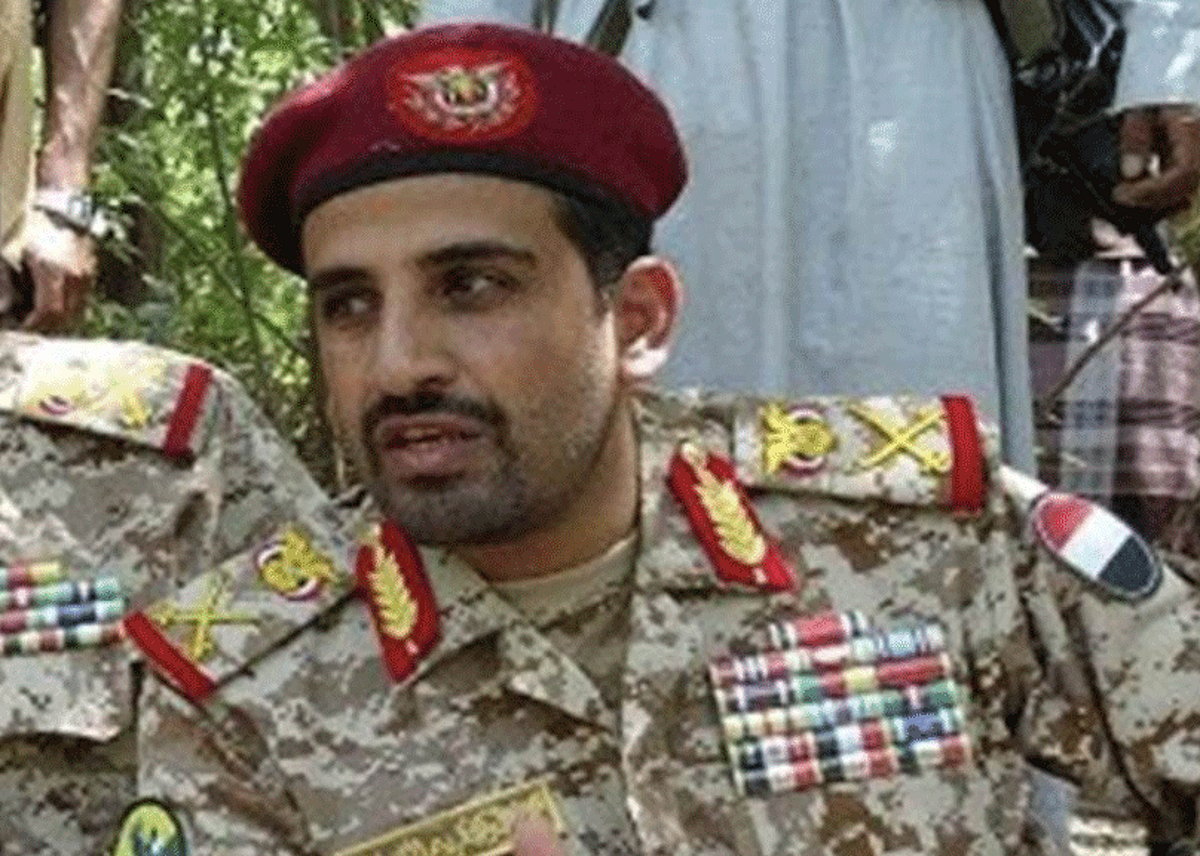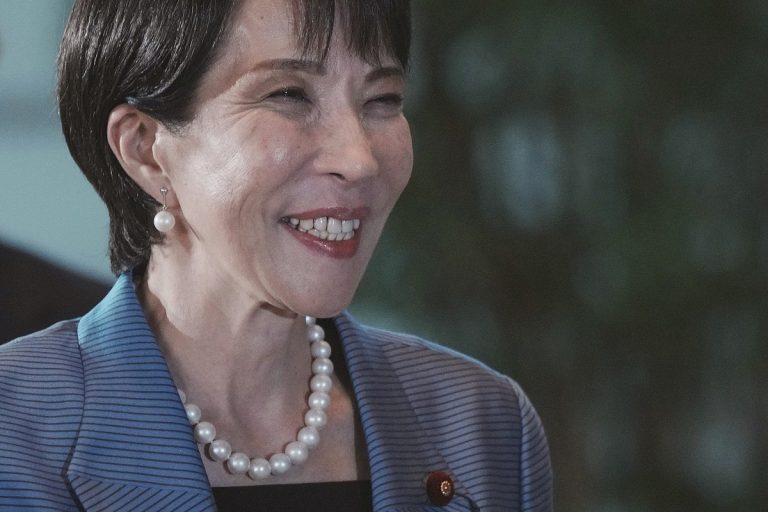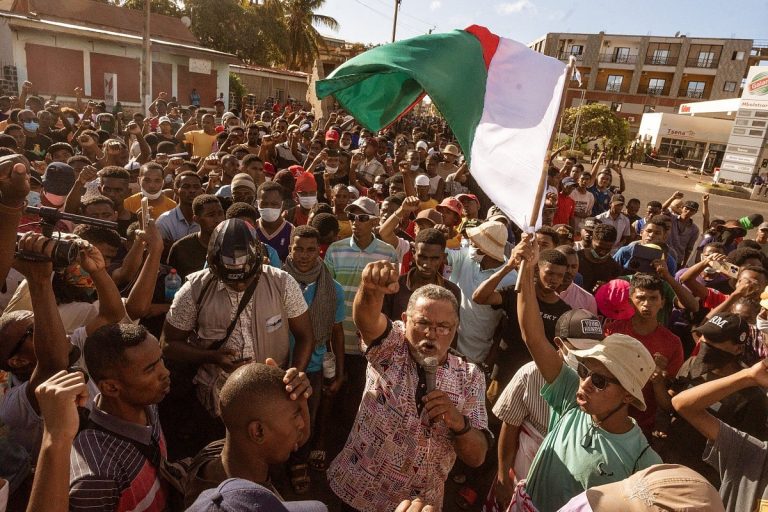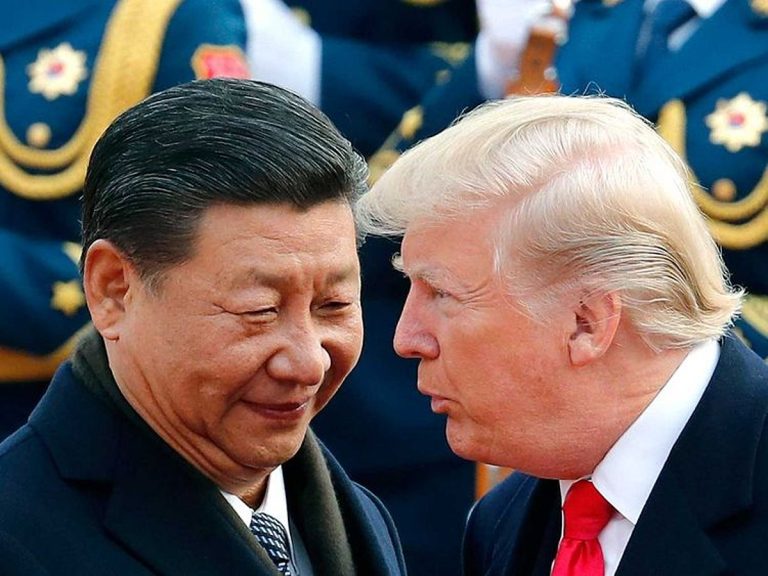Houthi Leader Killed in Israeli Airstrike, Tensions Rise
The recent death of Major General Mohammed Al Ghamari, the military chief of Yemen’s Houthi militants, has escalated tensions in the region. Announced by the Iran-backed group, his death is said to have occurred during an Israeli attack, prompting threats of retaliation from the Houthis. This incident comes at a time when the conflict in Gaza has intensified, with the Houthis actively engaging in military operations against Israeli targets.
Details of the Attack
According to a statement from the Houthis, Al Ghamari was killed alongside his 13-year-old son and several companions. However, the exact date of the attack remains unclear. The Houthis have been involved in a series of military operations, claiming to have conducted 758 attacks and deployed over 1,800 munitions, including drones and missiles, against Israeli interests.
Israeli officials have provided a different narrative regarding Al Ghamari’s death. Israeli Defence Minister Israel Katz stated that he succumbed to injuries sustained in an earlier strike in August, which also resulted in the deaths of the Houthi prime minister and several cabinet members. Prime Minister Benjamin Netanyahu emphasized that Al Ghamari was part of a broader campaign to eliminate terrorist leaders threatening Israel.
Context of the Conflict
The Houthis, aligned with Iran, have positioned themselves as part of the “axis of resistance” against Israel and the United States. Throughout the ongoing Gaza conflict, they have launched numerous attacks on Israeli-linked shipping in the Red Sea and Gulf of Aden, framing their actions as solidarity with the Palestinian cause. The Israeli military has responded robustly, leading to significant casualties on both sides.
The conflict in Yemen, which has persisted for over a decade, has resulted in a humanitarian crisis, with millions suffering from food insecurity and lack of medical care. The Houthis have managed to maintain control over large areas of Yemen, including the capital, Sana’a, despite ongoing military efforts by a Saudi-led coalition.
Implications for Future Engagements
The Houthis’ vow for revenge following Al Ghamari’s death indicates a potential escalation in hostilities. Their statement warned that the conflict with Israel is far from over, suggesting further military operations may be on the horizon. As the situation evolves, both regional and international observers will be closely monitoring developments, particularly in light of the ongoing Gaza war and its implications for broader Middle Eastern stability.
FAQs
What was the cause of Major General Al Ghamari’s death?
Major General Mohammed Al Ghamari was reportedly killed in an Israeli airstrike, according to the Houthis, although Israeli officials claim he died from injuries sustained in a previous attack.
How have the Houthis responded to Al Ghamari’s death?
The Houthis have threatened retaliation and vowed to continue their military operations against Israel, asserting that the conflict is not over.
What is the current situation in Yemen regarding the Houthi conflict?
Yemen remains embroiled in a protracted conflict, with the Houthis controlling significant territory and facing ongoing military actions from a Saudi-led coalition, leading to a severe humanitarian crisis.
Conclusion
The death of Major General Al Ghamari marks a significant moment in the ongoing conflict involving the Houthis and Israel. As tensions rise, the potential for further military engagements looms large, necessitating close attention from both regional players and the international community. The situation remains fluid, and the next steps taken by both the Houthis and Israel will be critical in shaping the future of the conflict.
The death of Al Ghamari also highlights the interconnected nature of conflicts in the Middle East, where various groups align based on shared interests and adversaries. The Houthis’ relationship with Iran has been a focal point of concern for regional powers, particularly Saudi Arabia and Israel, who view the Iranian influence as a destabilizing factor. This incident may further complicate diplomatic efforts aimed at addressing the broader regional tensions, especially as the U.S. and its allies continue to navigate their responses to Iranian activities.
Moreover, the ongoing conflict in Gaza has drawn international attention, with various nations calling for ceasefires and negotiations. The escalation of hostilities involving the Houthis could potentially draw in other regional actors, leading to a wider confrontation. As the situation develops, the international community will likely seek to mediate and de-escalate tensions, but the entrenched positions of the involved parties may pose significant challenges to achieving lasting peace.
Also Read:
Inquest Reveals Details of Ricky Hatton’s Death
Saudi Arabia’s New Regulations Boost Local Tourism Jobs







